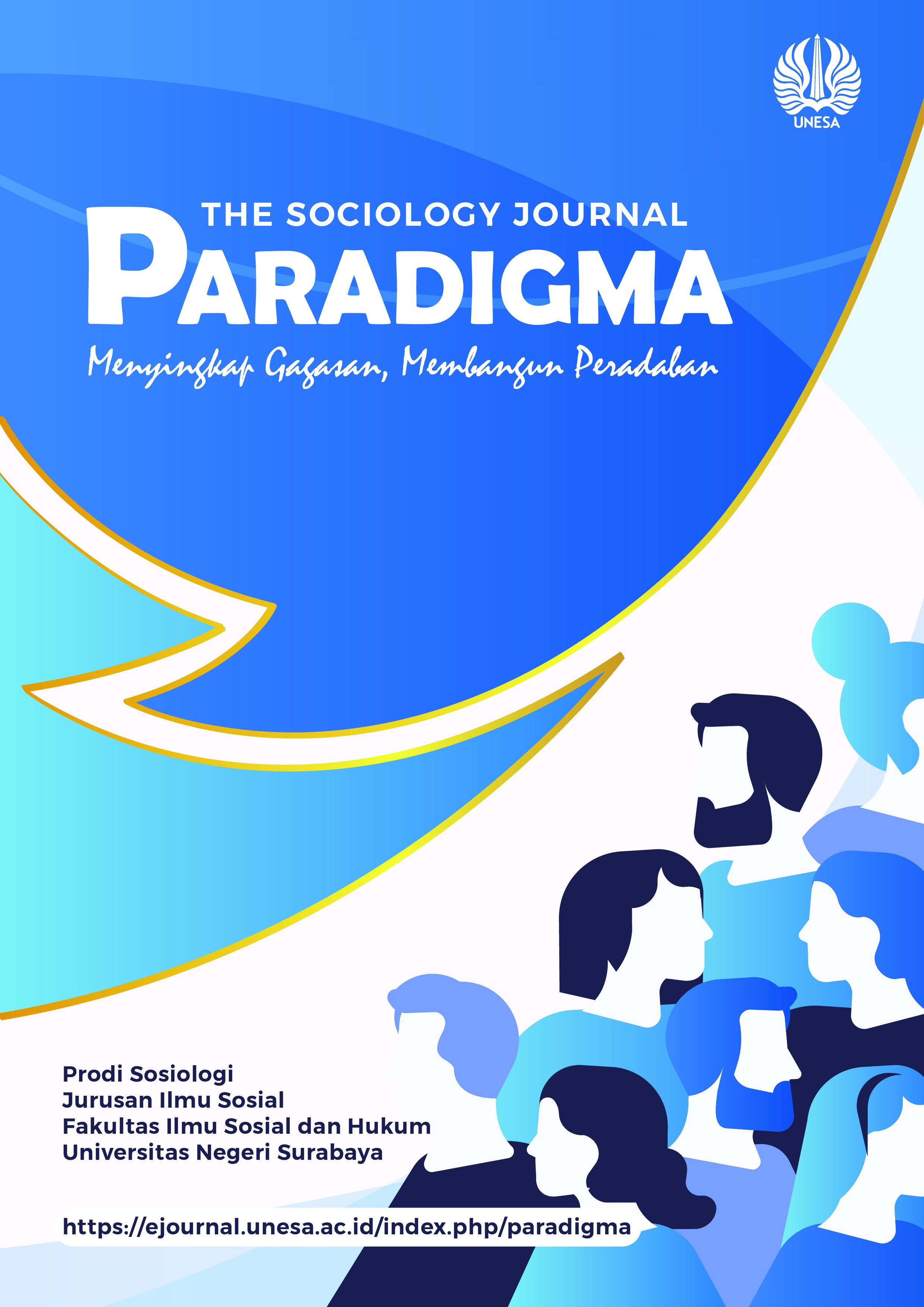Peran Guru dalam Implementasi Branding Tuban Bumi Wali di SD N Wotsogo 1 Kecamatan Jatirogo Kabupaten Tuban
Downloads
Download data is not yet available.
Published
2023-05-31
How to Cite
RAMANDA, A. F. (2023). Peran Guru dalam Implementasi Branding Tuban Bumi Wali di SD N Wotsogo 1 Kecamatan Jatirogo Kabupaten Tuban. Paradigma, 12(2), 41–50. Retrieved from https://ejournal.unesa.ac.id/index.php/paradigma/article/view/52367
 Abstract views: 78
Abstract views: 78


